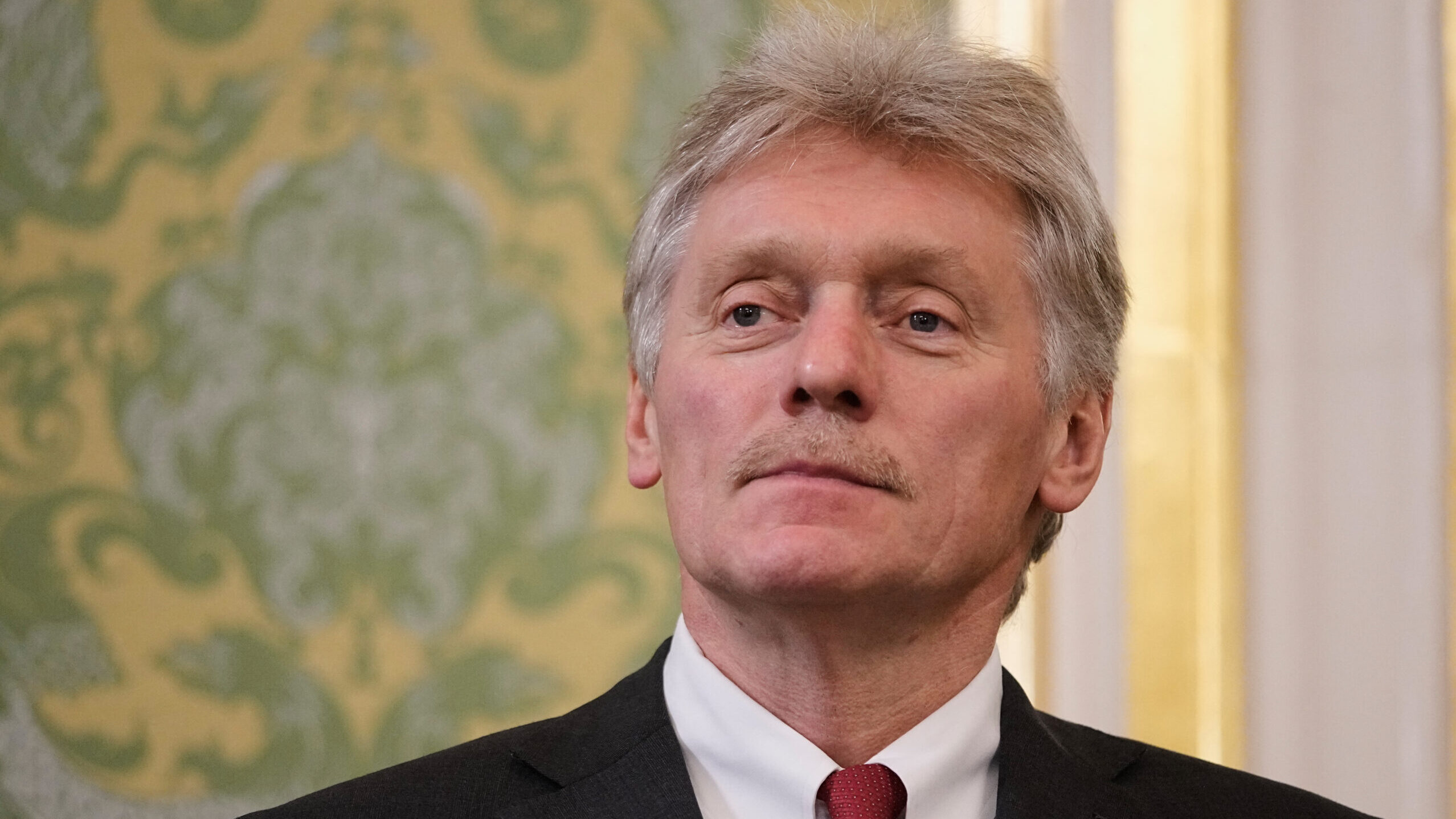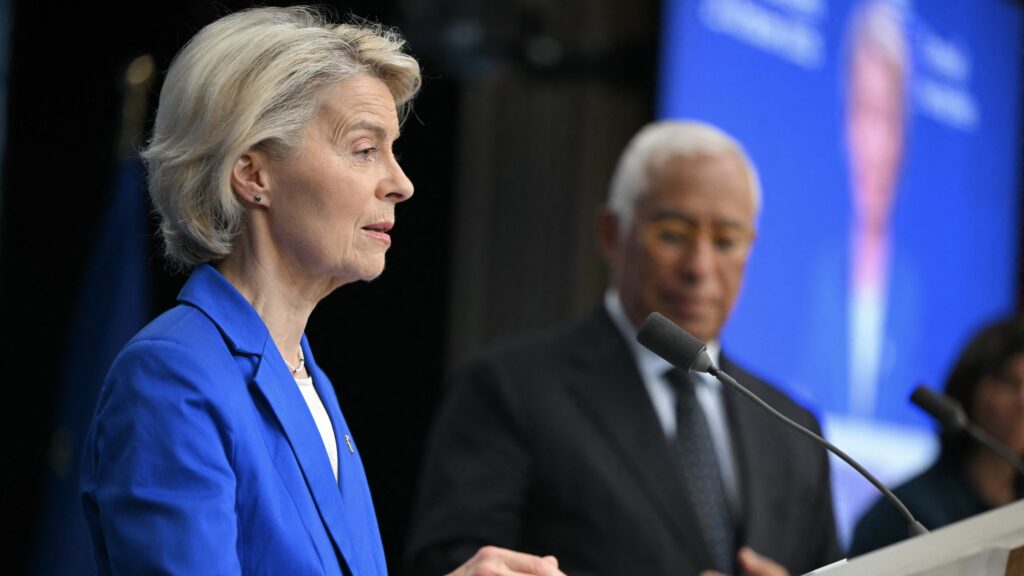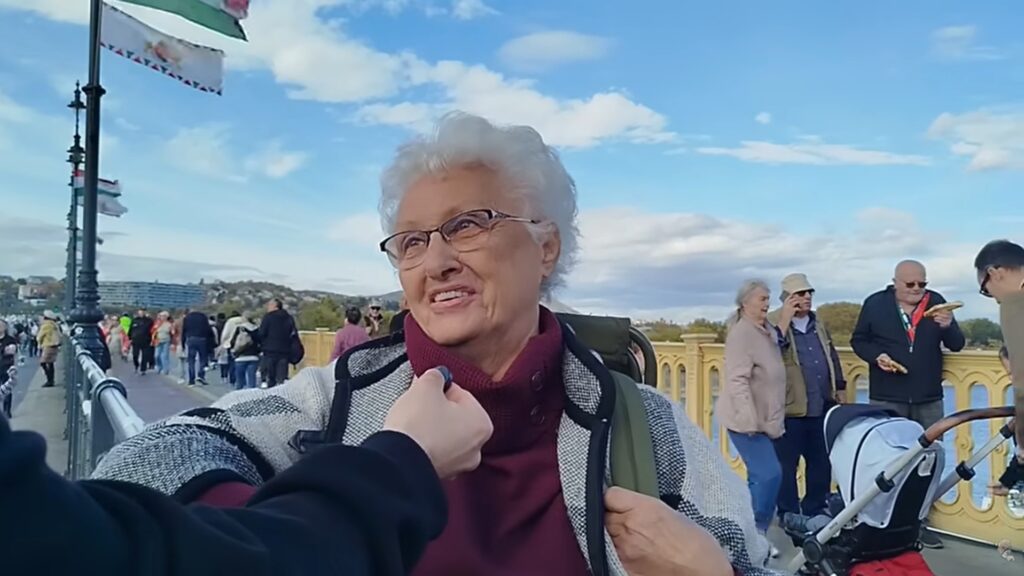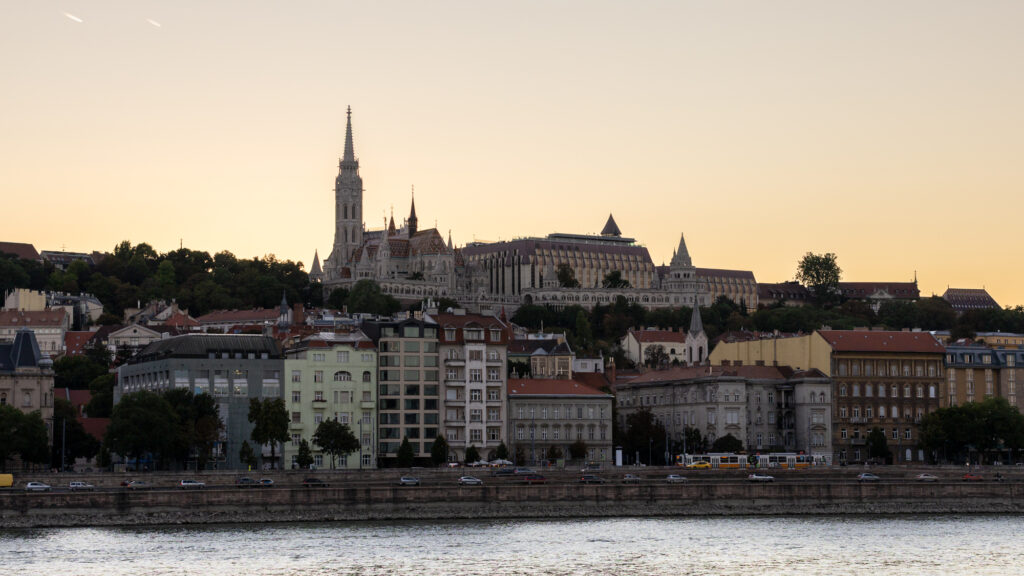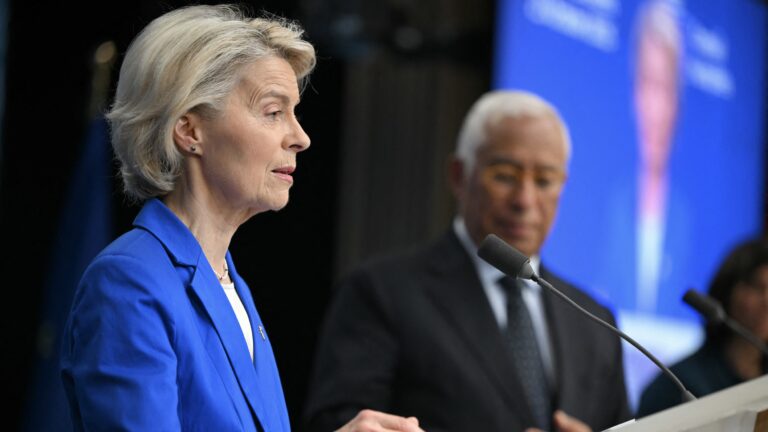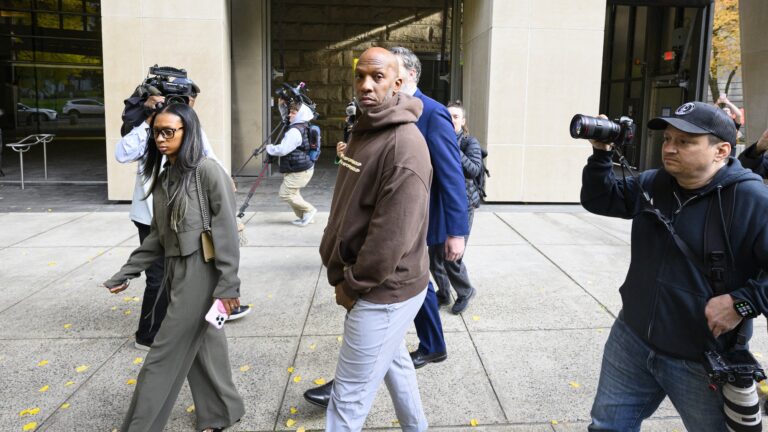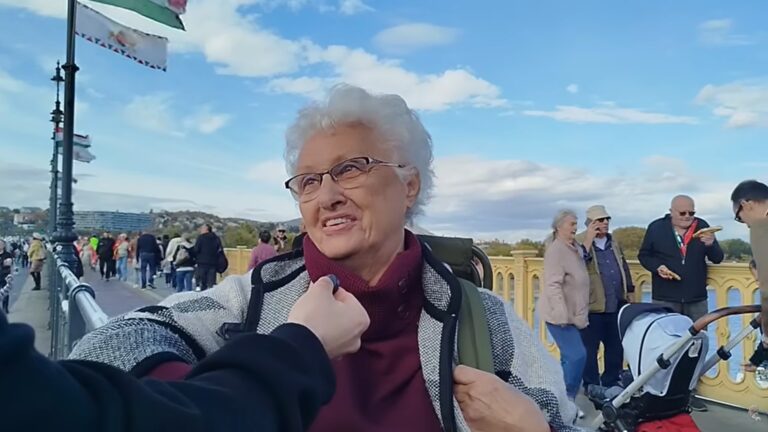Moscow sent positive signals over the weekend regarding the likelihood of a peace summit in Budapest between US President Donald Trump and Russian President Vladimir Putin, following Washington’s decision last week to sanction two of Russia’s largest oil companies, Rosneft and Lukoil.
In the latest statement on the matter, the Kremlin said on Sunday, 26 October, that it was ‘wrong to talk about the cancellation of a meeting’ between Putin and Trump, but acknowledged that further preparations were necessary. Kremlin spokesman Dmitry Peskov noted that the sanctions had ‘indeed damaged the prospects’ of restoring relations between Moscow and Washington, but insisted this did not mean that Russia should ‘abandon these aspirations’. He emphasized that Russia’s goal of ‘building good relations with all countries, including the United States’, remained unchanged.
The US Treasury Department announced the sanctions last Wednesday, citing Moscow’s ‘lack of serious commitment to a peace process to end the war in Ukraine’. On the same day, President Trump confirmed that the Budapest summit had been cancelled for the time being, explaining that the parties ‘do not feel it is appropriate at this time’, while stressing that the meeting ‘will be held in the future’.
Hungarian Minister of Foreign Affairs and Trade Péter Szijjártó, after meeting US Secretary of State Marco Rubio in Washington on Wednesday, said that ‘it is clear that the US has not given up holding the Budapest Peace Summit,’ confirming that preparations remain under way.
On Friday, Putin’s special presidential representative Kirill Dmitriev said that Ukraine, Russia, and the United States are ‘quite close’ to reaching an agreement to end the war in Ukraine. Speaking to CNN, Dmitriev highlighted what he described as a positive shift in Kyiv’s stance following Ukrainian President Volodymyr Zelenskyy’s recent statement that freezing the war along the current frontlines would be a ‘good compromise’. ‘You know, his previous position was that Russia should leave completely. So actually, I think we are reasonably close to a diplomatic solution that can be worked out,’ Dmitriev said. He added that he met Trump’s special envoy, Steve Witkoff, on Saturday to discuss the matter further.
Related articles:

